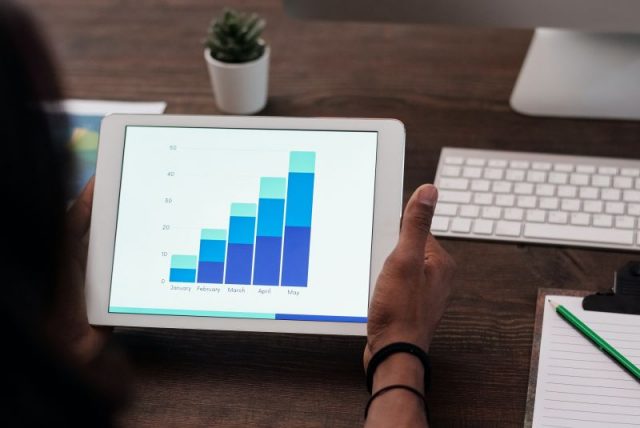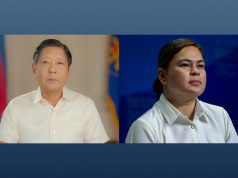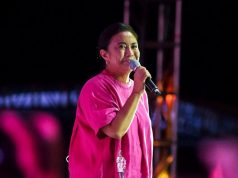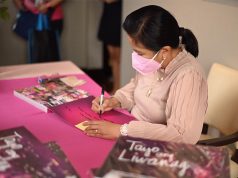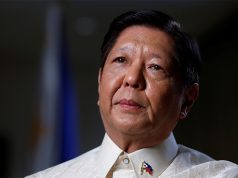A major polling firm released details related to a commissioned senatorial online survey of a private organization for transparency to voters.
This development came amid the uptick of election-related polls on social media, some of which were created by news companies, partisan pages and so-called influencers.
The Social Weather Stations, which is also known to hold pre-election surveys, issued a clarification on November 16 regarding a survey commissioned by Stratbase ADR Institute, an independent think tank organization.
It also attached a link to its website where it provided the rest of the technical information about this survey.
“In view of a sponsor-authorized release of a commissioned survey item, SWS is disclosing pertinent survey results and technical details for the benefit of the public,” the SWS said.
“The SWS October 20-23, 2021 National Survey contained a question item commissioned by Stratbase ADR Institute, Inc. on voting preferences for Senators in the 2022 elections,” it added.
Stratbase released this survey on November 15.
In the post, the institute stated that it commissioned SWS to conduct this poll for voter preferences on national positions for the coming elections in 2022.
“As part of our thrust to provide valuable information and insight to the Filipino people, the Stratbase ADR Institute commissioned Social Weather Stations to conduct a National Survey on Voter Preferences for the 2022 National Elections. The survey includes results on Presidential, Vice Presidential, and Senatorial preferences, and was conducted from October 20-23, 2021,” read its post.
SWS specified in its statement that these results were gathered using face-to-face interviews of 1,200 registered voters across the country.
The participants comprise “300 each in Metro Manila, Balance Luzon, the Visayas, and Mindanao.”
“The sampling error margins are ±3% for national percentages and ±6% for Metro Manila, Balance Luzon, the Visayas, and Mindanao,” SWS said.
Are online surveys reliable?
Several pre-election polls have been circulating across social media in the past months following the filing of the certificate of candidacy last October.
Some of them were even pushed forward by news companies.
Manila Bulletin, for instance, launched two presidential surveys on October 15 and November 19 where social media users use emojis to vote for their favorite candidates.
Both posts can still be accessed on Facebook and Twitter.
Rappler also posted an online survey using the same method last October. However, it was immediately taken down after gathering negative feedback.
Statistician Peter Cayton on Twitter expressed opposition to these online surveys, citing they are “poorly designed.”
“I stand against online surveys that are poorly designed as a simply FB/Twitter poll of likes, emojis, or one click. They are surely nonrepresentative of the pulse of the nation,” Cayton said.
Recap on standards for pre-election surveys
In a previous article by journalism organization Vera Files, surveys have to conform to the mandatory requirements developed by international organizations World Association for Public Opinion Research (WAPOR) and World Association for Social, Opinion and Market Research (ESOMAR).
SWS is a member of WAPOR.
According to the ESOMAR-WAPOR guidelines, these requirements include:
- Sampling method used
- Name of the organization who conducted it
- Participants
- Survey method
- Weighting used to adjust the results
- The questions asked
Aside from SWS, Pulse Asia Research Inc. is also another major polling firm in the country that normally discloses the methodology of its survey results to the public.
READ: Fake online election surveys do not follow international standards
Associate Justice Marvic Leonen also reminded the public that the small sample of respondents in these initiatives should not be considered as the standard in choosing leaders.
“Those who responded to small sample for poll surveys are not the sovereign. Otherwise, the Constitution should have delegated the sovereign prerogative to choose leaders to polling companies, not elections. It did not,” Leonen tweeted back then.
READ: Leonen reminds voters that survey respondents are not ‘sovereign’ (philstar.com)

